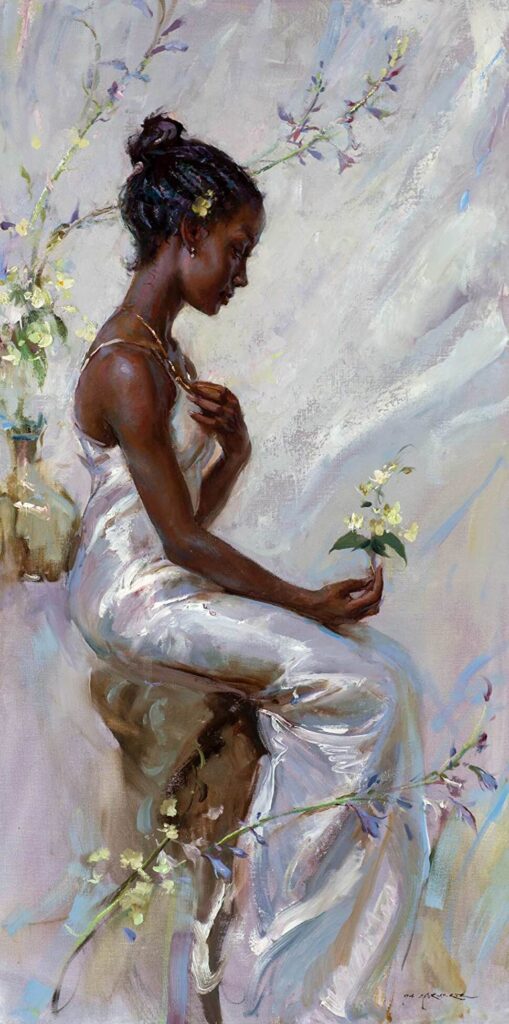I truly admire Rebecca Gompert’s efforts to provide abortion pills to those who need them. I think it’s ridiculous that she has to do that in the first place, but still, it’s heartwarming. These readings and the video just prove that women should be able to have abortions if they need one. After reading the readings, I started to look up which countries banned abortions. I was actually surprised to see that Jamaica was one of them. I was broken-hearted to see that my country was one of many that refused to give women the right to an abortion. I shouldn’t have been surprised, though. While the country is very beautiful, it has many faults, and its views on the LGBTQ and women are the biggest. I’ve seen everyone’s true colors since it was revealed that the case might be overturned. I’ve even unfollowed a few people after hearing them spew nasty things about women who choose to have abortions.
Amidst this whole case, I fear for not only my future but for the next generation of young girls and women. This must be a frightening time for them. I think of all the young girls who were molested and would be forced to carry the baby full term. How is abortion a moral issue? Why should rape victims have to bear the children of their attackers? Why should a woman have a baby if she doesn’t want it? Why should women who suffer miscarriages have to get their past dug up? Doesn’t all of that sound immoral? As I was watching the video, I kept thinking there should be federal funds allocated to planned parenthood. I think this shouldn’t be a discussion.
